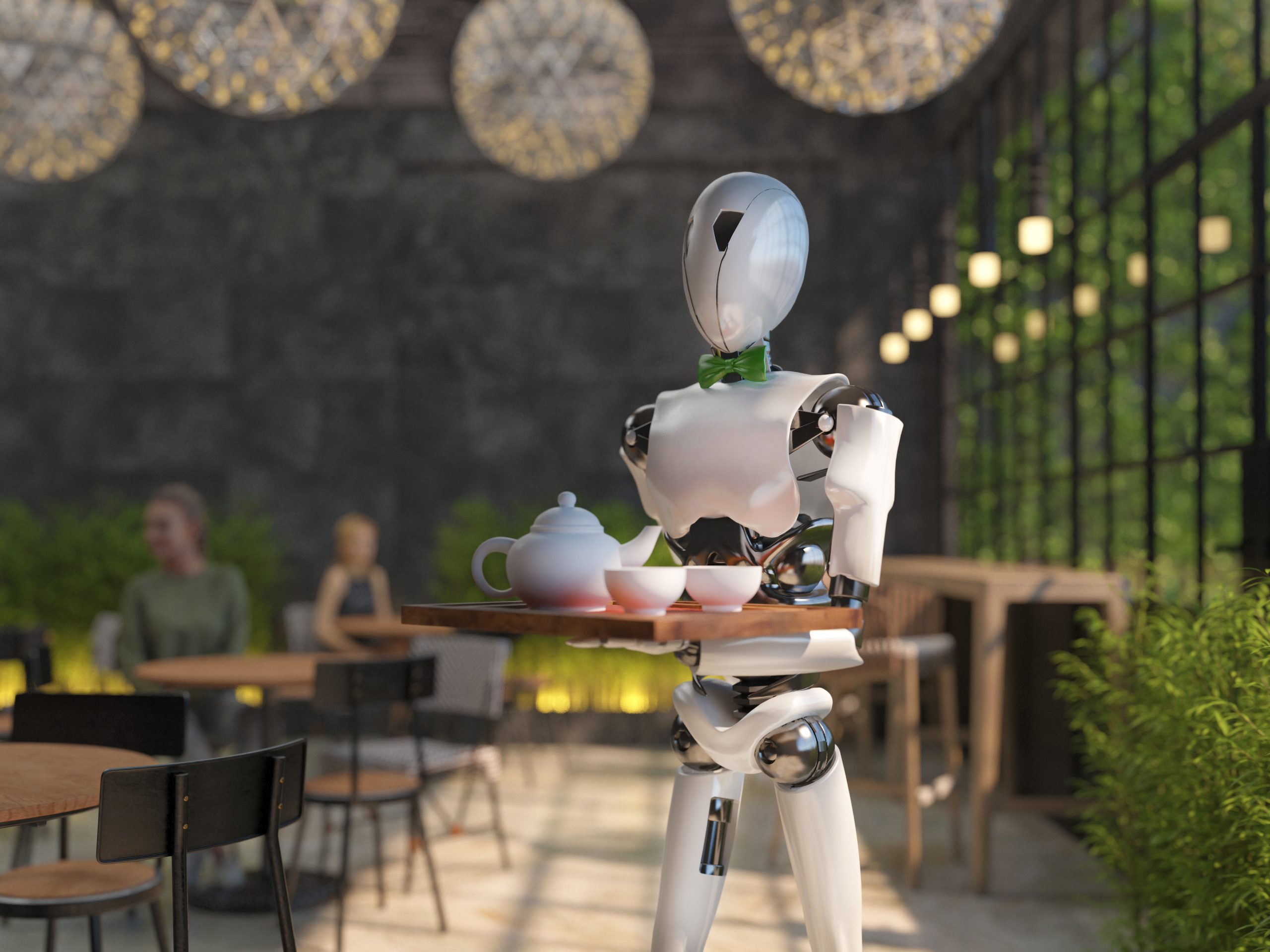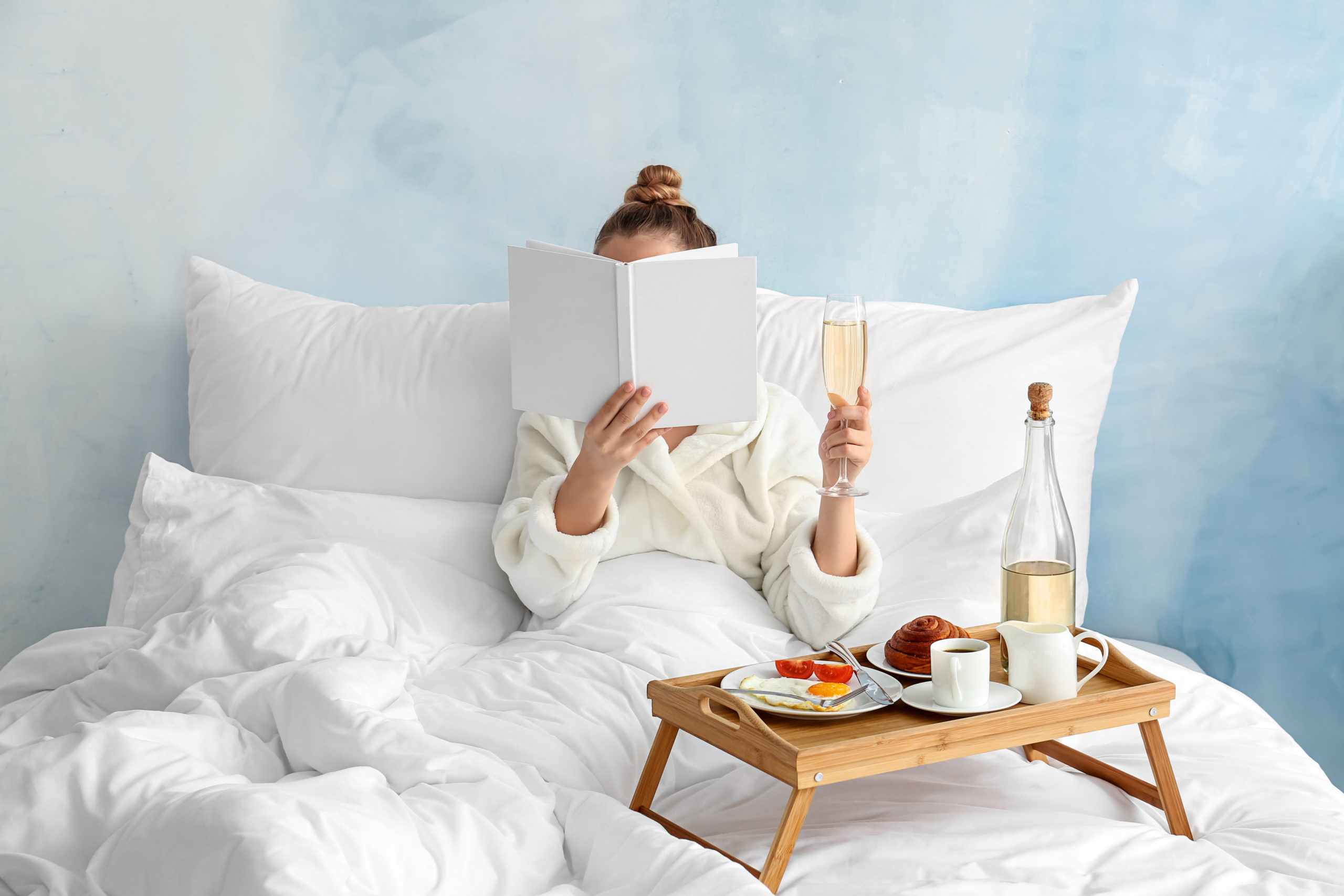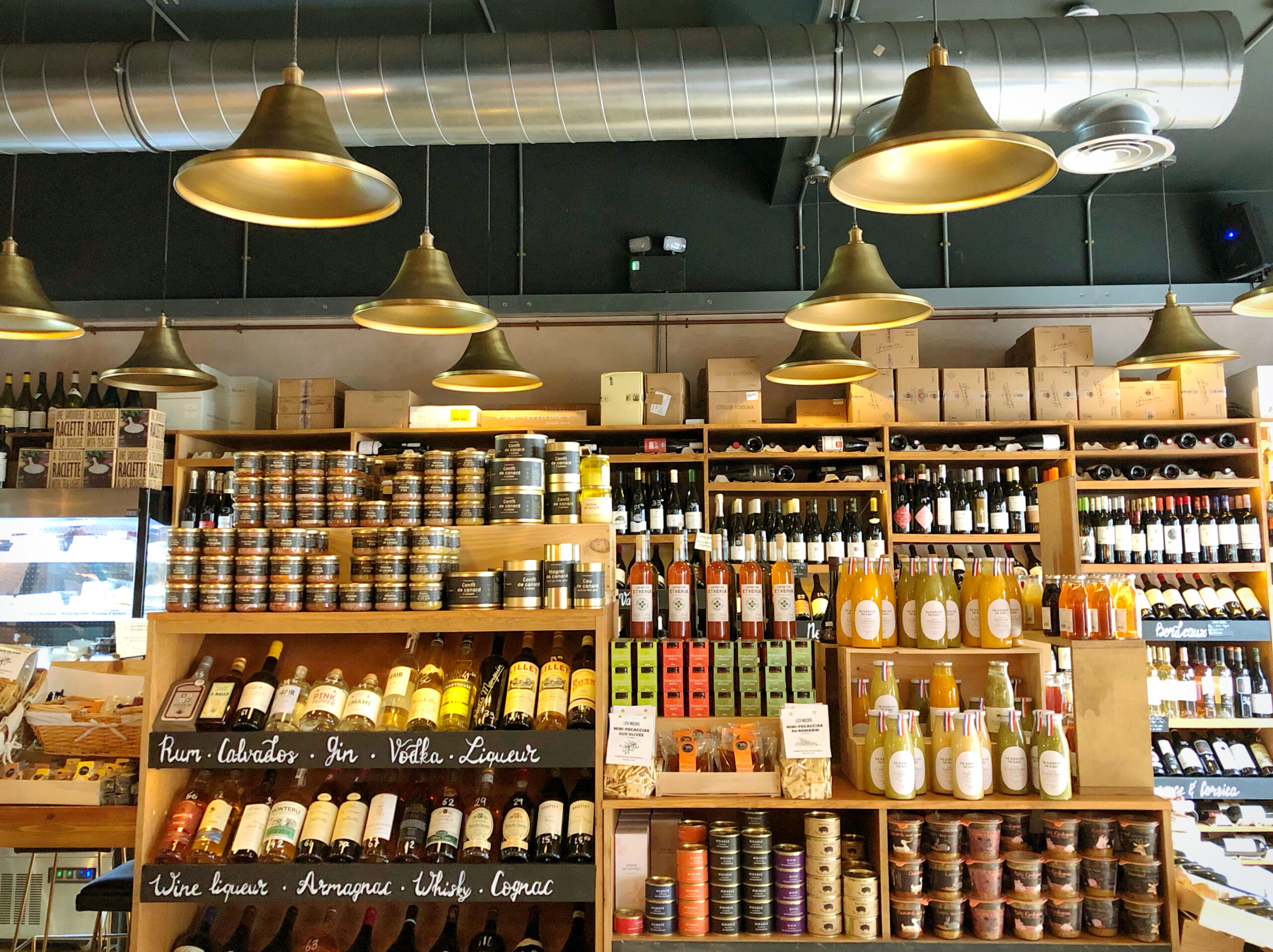We’ve all had to adapt to life under Covid-19 and most of us, apart from a certain special adviser who believes he’s above the law, have made unimaginable sacrifices. No amount of banana bread making can really fill the restaurant-shaped hole in our lives and as soon as the lockdown lifts in the UK restaurants need to be able to get back to business as soon as possible – for the sake of our economy, keeping people employed, helping the suppliers, and last but not least, for our sanity. Human beings are by their nature social animals and the best meals, as Anthony Bourdain once said, “occur in a context that frequently has very little to do with the food itself.” We don’t really go out because we’re hungry. It’s the occasion, the company, having someone else wash the dishes for a change (and there has been a lot of washing up during lockdown – where does it all come from?). But we need to address the elephant in the kitchen: how on earth is this going to work when a vaccine is still many months away? How will restaurants win back consumer confidence?
Of course many restaurants have pivoted their businesses and offered take-away and delivery services (we’ve written about a few of them here). Executives have (or should have) taken pay cuts for the good of the workforce in general, whilst restaurateurs like Corbin and King launched desperate appeals to sell vouchers to help top up their serving staff’s pay due to the woefully inadequate furlough scheme. These are just temporary solutions, tying them over briefly.
It’s an extremely worrying time. We know that chains are in crisis, already brought to their knees by the pincer movement of Brexit and rising business rates – now Covid-19 is the final blow for many. The biggest litmus test of them all has to be the hitherto immune high-end restaurants facing existential threats: Nathan Outlaw has confirmed that Siren at The Goring won’t re-open post-Covid (which saddens me greatly having had a wonderful meal there last year) and even Daniel Humm has said there’s a question mark hanging over the seemingly indestructible Eleven Madison Park.
I don’t have any actual solutions – I’m not a restaurateur, just someone who loves restaurants – but this article pulls together ideas and experiences elsewhere that might give food for thought for how we get restaurants back on track.
Dialogue with government and landlords
Exceptions need to be made for the hospitality industry. Raymond Blanc opined in a tweet on 25 May that the two metre rule simply isn’t going to work in a restaurant and that a one metre rule should be sufficient (in line with most European countries). Related to this, Jason Atherton explained in a summit for The Caterer, that the biggest issue is rent. “If you’re taking 50% of your seats out, you’re not going to be able to meet [the rent demands]. There needs to be a real conversation at government level around helping the landlords to be able help the tenants to give them a fighting chance to go back.
Landlords who remain stubborn about strict terms should be pointed in the direction of recently-published government guidance on ‘responsible contractual behaviour’ in the Covid-19 era, which basically states that all parties need to maintain a spirit of compromise during these exceptional times.
Local councils could also look to relaxing the strict rules on licences for outdoor seating, especially in the summer. Alas the UK is not blessed with the sprawling terrasses of Parisian cafés but the red tape that currently prevents or slows down approvals for outdoor space could be looked at to make life easier for restaurateurs.
The Caterer has launched a lobbying campaign already with some big names behind it if this is of interest: https://www.thecaterer.com/news/industry-leaders-urged-lobby-quarantine-plans
Small sacrifices
Margins are tight enough as they are but to maximise that crucial GP it will be necessary to use cheaper ingredients and manage waste better.
I think we’ll all have to accept that the hotel buffet breakfast will now be a thing of the past, but I think there’s no love lost there either. Hotel breakfasts tend to be very overpriced anyway and if the hotel is in a city centre you’re better off just getting a take away coffee and croissant (or perhaps that’s just me). The extortionate breakfasts generate profit but looking at the current situation optimistically, with travel restrictions continuing for the foreseeable future, more people in the UK are likely to take staycations to break from the same boring four walls, so there may be a boost in hotel trade once the restrictions are lifted in July (as currently expected).
Dining times can be shortened in order to minimise exposure. That may require sacrificing epic tasting menus but I’m sure we can hold off on canapé parties for a while.
An optional ‘welcome back’ surcharge?
This is an idea that’s been doing the rounds on various forums and seems eminently sensible to me. Provided that the restaurant explains up front that there is an optional surcharge or additional discretionary tip that customers can pay to help get the restaurant back on its feet, I’d be happy to donate some of the cash I’ve saved from not going out the last three months.
Reducing contact and increasing automation
Contactless payments are an easy win, as are disposable menus and perhaps even cutlery. Perhaps customers can serve their own wine and Yo Sushi style conveyer belts may be another solution to minimise contact.
Coronavirus has accelerated the digital revolution and one tea chain is already considering using robotic staff. Aside from the obvious initial expense of such tea-serving robots (they reportedly cost between £9000 and £15000 a piece), and the issue of robots ‘stealing jobs’, it somewhat undermines the human element of service.
Experiences from abroad
One side-effect of the UK government’s prevarication back in March is that we’re now a few weeks behind other countries’ lockdown easing. Their experiences may be instructive.
Noma in Copenhagen reinvented itself as a walk-in burger bar when Denmark lifted its lockdown, presumably to drum up some trade to make up for lost time rather than going straight back to fine dining. That nuanced model could work for other high-end restaurants.
Germany have introduced contact tracing cards in every bar and restaurant. That probably raises a few privacy concerns but given the German love of data protection law it’s likely to be safer than the UK’s somewhat dodgy track and trace app.
Amsterdam is due to lift its restaurant restrictions in June and one restaurant, Mediamatic Eten, has already trialled individual mini greenhouses which can house couples or solo diners and look a lot of fun, but of course is only workable in the summer. (It’s already fully booked to the end of June).
Perspex screens seem to be a popular solution, creating cordoned-off booths like a polling station but without the complete privacy. These have already been rolled out in Italy. Meanwhile, the French designer Christophe Gernigon has created transparent lampshades to encircle each diner. Whilst such screens may act as a kind of sneeze guard writ large, they don’t get round the problem of people from different households comingling, touching the cutlery and passing on the virus by touch to the waiting staff and vice-versa.
Then there are the slightly ridiculous ideas. The Inn at Little Washington has experimented with filling half of the seats with mannequins to give the illusion of the restaurant being full (it looks slightly surreal, like being in a Kubrick film or a New Romantics music video). Another US restaurant has used ‘bumper tables’ to ensure the correct distance is maintained.
Hong Kong and Singapore, countries which effectively nipped the virus in the bud, still insist on taking your temperature on arrival and submitting diners to a brief health questionnaire. Anyone showing symptoms is turned away, in much the same way bar serving staff in the UK would exercise their discretion in refusing to serve a customer who appears to be drunk. This is the reality we now face but taking such measures may actually boost consumer confidence.
Further reading
Finally, some resources that have caught my attention. Hong Kong’s Black Sheep group of restaurants have created a Covid-19 Handbook and the ‘Turning the Tables’ series of discussions hosted by Fine Dining Lovers may be of interest.
Restaurants may never be the same again but whatever happens I remain confident that the essence of hospitality will still remain, finding its form in some other outlet. Its key asset is its creativity and hopefully this will allow some restaurants to pull through.
This article was updated on 1 June 2020. Images licensed by Adobe.






